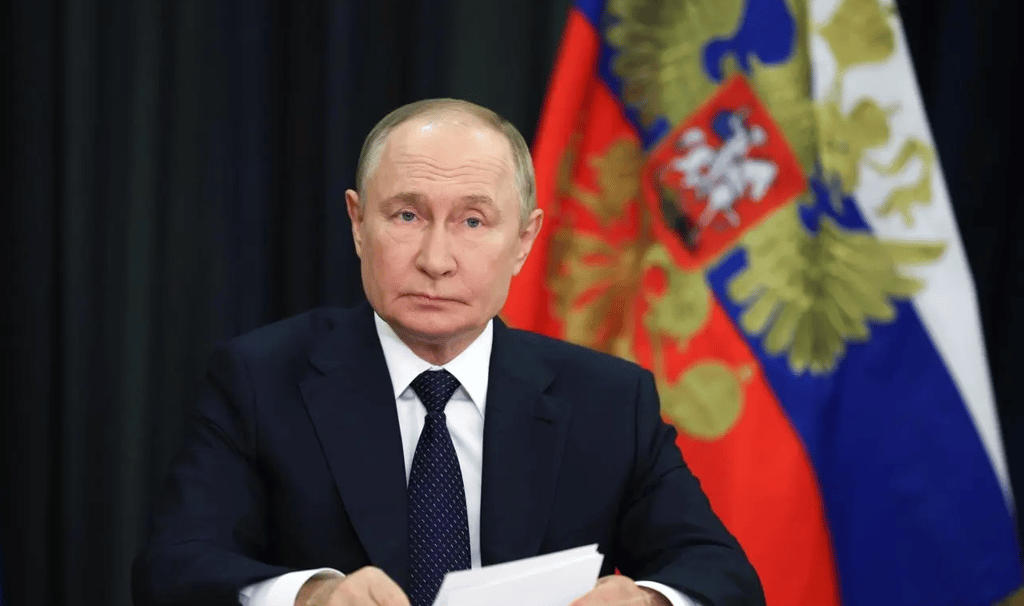China's "Neutral" Stance on Russia-Ukraine War Triggers Western Diplomatic Pressure
From late February to March 2022, as Russia engaged in conflict, the Chinese government adopted a stance of "neutrality," calling for dialogue while refusing to condemn Moscow's actions. This position drew intense scrutiny and pressure from the United States and its Western allies, who urged Beijing to join sanctions against Russia.
CHINA,POLITICS
Global N Press
3/18/20221 min read


From late February to March 2022, as Russia engaged in conflict, the Chinese government adopted a stance of "neutrality," calling for dialogue while refusing to condemn Moscow's actions. This position drew intense scrutiny and pressure from the United States and its Western allies, who urged Beijing to join sanctions against Russia.
Following Russia's military action against Ukraine on February 24, 2022, China’s Foreign Ministry refused to label the action an "invasion," repeatedly reiterating respect for national sovereignty and territorial integrity while calling for dialogue. China chose to abstain from votes at the UN Security Council and General Assembly that condemned Russia, instead assigning blame for the conflict to NATO expansion. Shortly after the war began, Foreign Minister Wang Yi reaffirmed the "no limits" friendship between China and Russia at the Munich Security Conference, drawing intense scrutiny and criticism from Western nations regarding China's true stance.
China's position of "pro-Russia neutrality" placed its relationship with Western nations under unprecedented strain. From a conservative standpoint, the West viewed China's failure to uphold international law at a crucial moment and its apparent alignment with anti-Western states as further evidence of China's role as a geopolitical challenger to the Western order. This accelerated the trend among Western nations to strategically assess China and Russia as an "authoritarian axis," causing profound negative impacts on both Sino-European and U.S.-China relations.




